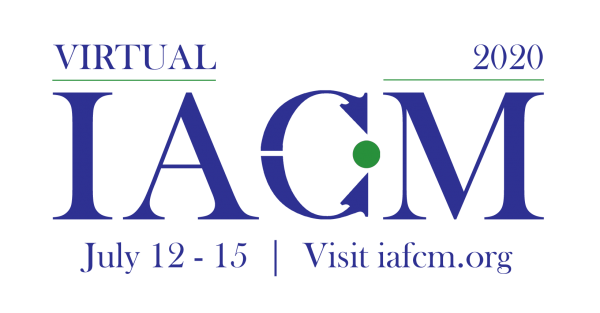Full Program »
The Agent-Selection Dilemma in Distributive Bargaining
Many negotiations involve agents bargaining on behalf of others. While considerable research has studied agency problems – whether the interests of the agents are aligned with the interests of the principals they represent – little work has considered the important role that agent selection plays in the negotiation processes. In this paper we consider the selection of agents, exploring two critical dynamics. First, rather than hiring the first agent that the principal meets, the principal engages in agent shopping: they talk to multiple possible agents and then choose one to represent them. This choice tends to be biased in favor of potential agents who claim they can achieve better outcomes. Second, the potential agents engage in forecasted outcome inflation: when approached by the principal, they exaggerate what they say they can achieve on behalf of the principal. Both sides engage in this process, which ultimately leads to selected agents who are more polarized from each other than the pool of possible agents in general, an obstacle we refer to as the Agent-Selection Problem. In a large, multi-stage pre-registered experiment (total N = 896), we find evidence that principals hurt their bargaining outcomes by choosing extreme agents in the first place.
